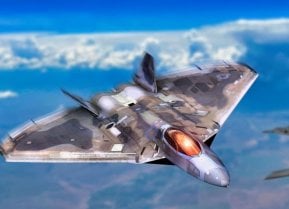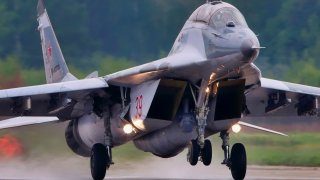Ukrainian MiG-29s Are Striking Russian Targets With French-Made AASM “HAMMER” Bombs
The Ukrainian Air Force’s MiG-29 jet fighters have begun using French-made air-launched guided bombs against Russian targets. The Armement Air-Sol-Modulaire (AASM), which is also known as the “Highly Agile Modular Munitions Extended Range” (HAMMER), is an all-weather smart air-to-surface stand-off weapon developed by Safran Electronics & Defense.
The Ukrainian Air Force’s MiG-29 jet fighters have begun using French-made air-launched guided bombs against Russian targets. The Armement Air-Sol-Modulaire (AASM), which is also known as the “Highly Agile Modular Munitions Extended Range” (HAMMER), is an all-weather smart air-to-surface stand-off weapon developed by Safran Electronics & Defense. It is a highly modular platform used in close air support and deep strike missions.
Paris had first announced that it would supply Kyiv with the ordnance in January.
Precision-guided munitions—which are essentially conventional bombs equipped with special modifications to significantly enhance their range and accuracy—are now being employed in Cold War-era aircraft.
On Friday, open-source military intelligence group OSINTtechnical shared an image of a Ukraine Air Force MiG-29 (NATO reporting name “Fulcrum”) armed with the AASM 250 HAMMER on X.
HAMMER Time
The baseline variant integrates a nose-mounted frontal guidance section and a tail-mounted range extension kit—which consists of a rocket booster—attached to a 250-kilogram (550 lb) unguided bomb. AASM kits have also been developed for use with 125-kilogram (276 lb), 500-kilogram (1,100 lb), and 1,000-kilogram (2,200 lb) class ordnance. The AASM allows bombs to be guided by satellite, via thermal imaging, or with a semi-active laser guidance system. It can be used day or night and in all weather conditions.
It has a range of over 70 km (43 miles), which allows it to be dropped from a relatively safe distance from a target. An airburst detonation capability is also available.
The AASM has been in service with the French Air Force and French Naval Aviation since 2007. It has been employed with the Dassault Rafale and Mirage 2000D fighters. It can also be deployed from the F-16 Fighting Falcon and Mirage F1 Jets. It has also been widely exported and adopted by the air forces of Morocco, Egypt, Qatar, and India. It has been deployed in several conflicts, including Afghanistan, Libya, and the Northern Mali War.
The AASM is similar to the U.S.-made JDAM.
Pledge to Ukraine
French President Emmanuel Macron pledged to provide Kyiv with fifty AASM bombs per month, along with forty additional SCALP missiles throughout 2024. The deliveries reportedly began immediately after the announcement, yet only this month did the HAMMER strike for the first time.
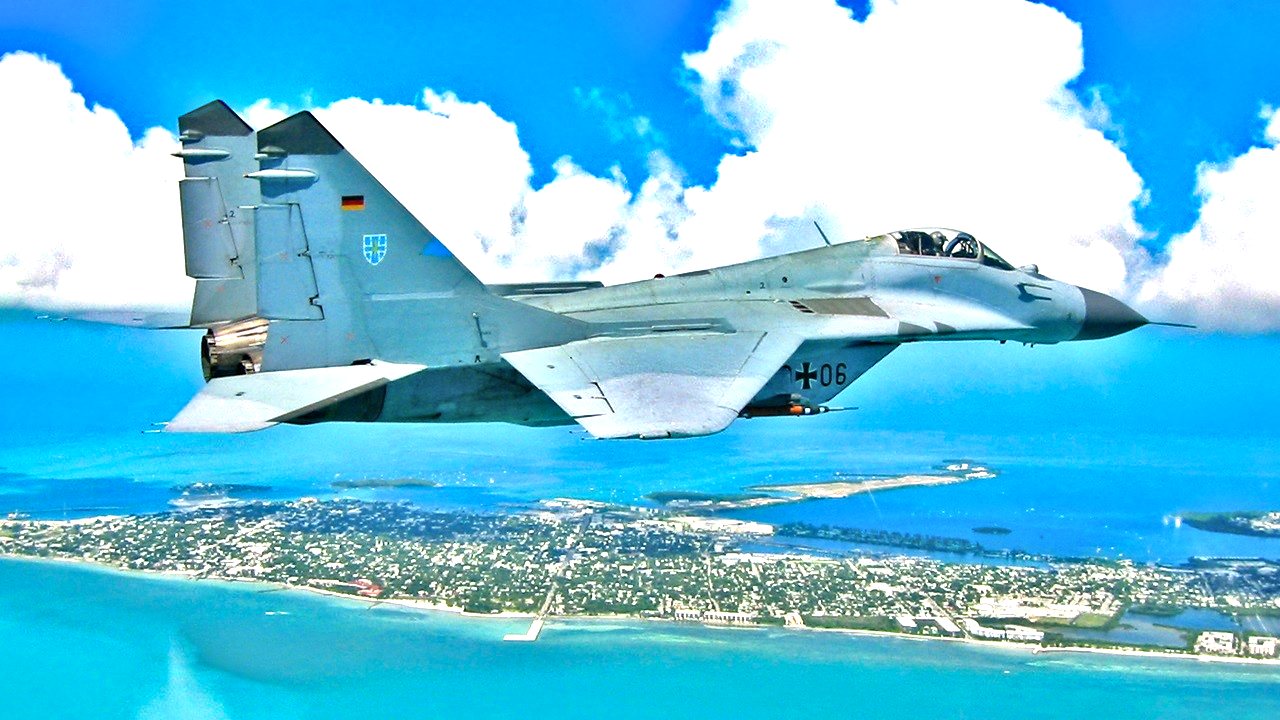
The bombs were used to strike targets near the Russian-controlled city of Kozachi Laheri in the Kherson Oblast.
According to The Aviationist, the AASM was originally going to be used with the F-16 Fighting Falcon. Still, as the first of the aircraft pledged to Ukraine won’t arrive until late spring or summer, the HAMMER is being employed with the MiG-29.
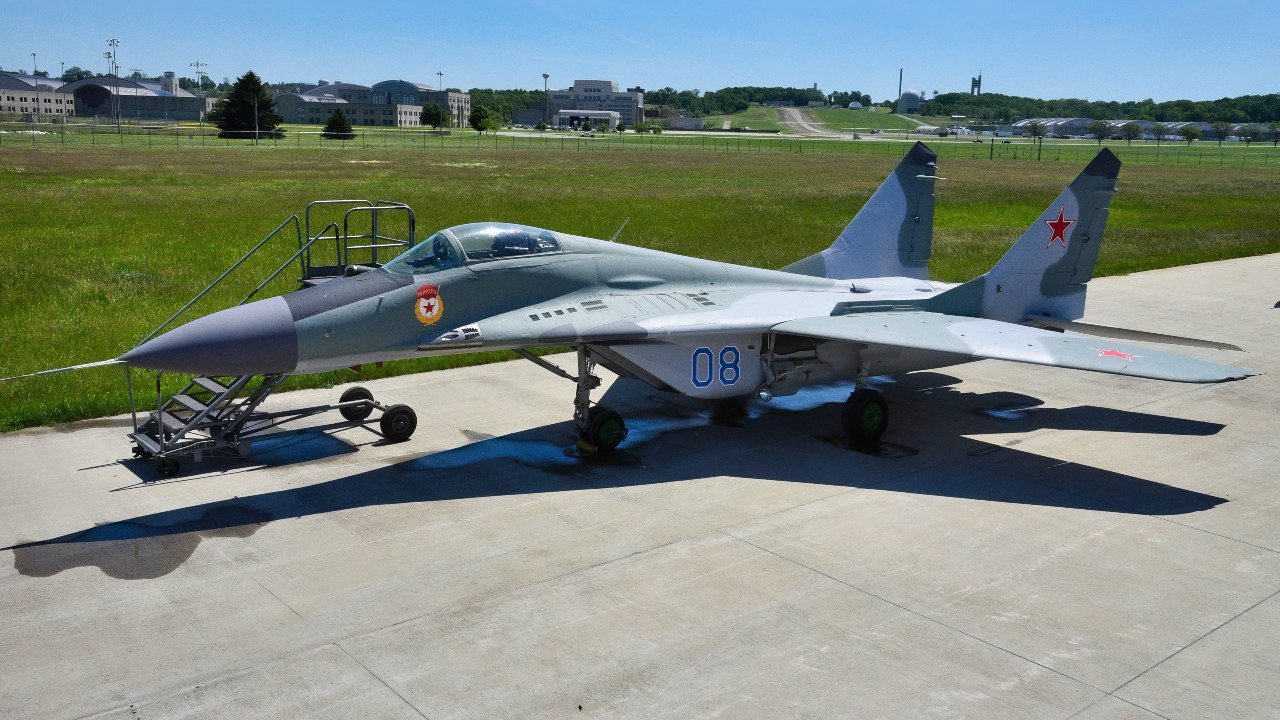
The ability to conduct such precise strikes from a safe distance has been seen as a significant tactical advantage for Ukraine. It illustrates Kyiv’s innovative approach to adapting Western technologies on Soviet-era aerial platforms. In addition to the MiG-29, Ukraine has modified its Su-24 (NATO reporting name “Fencer”) to carry the bombs.
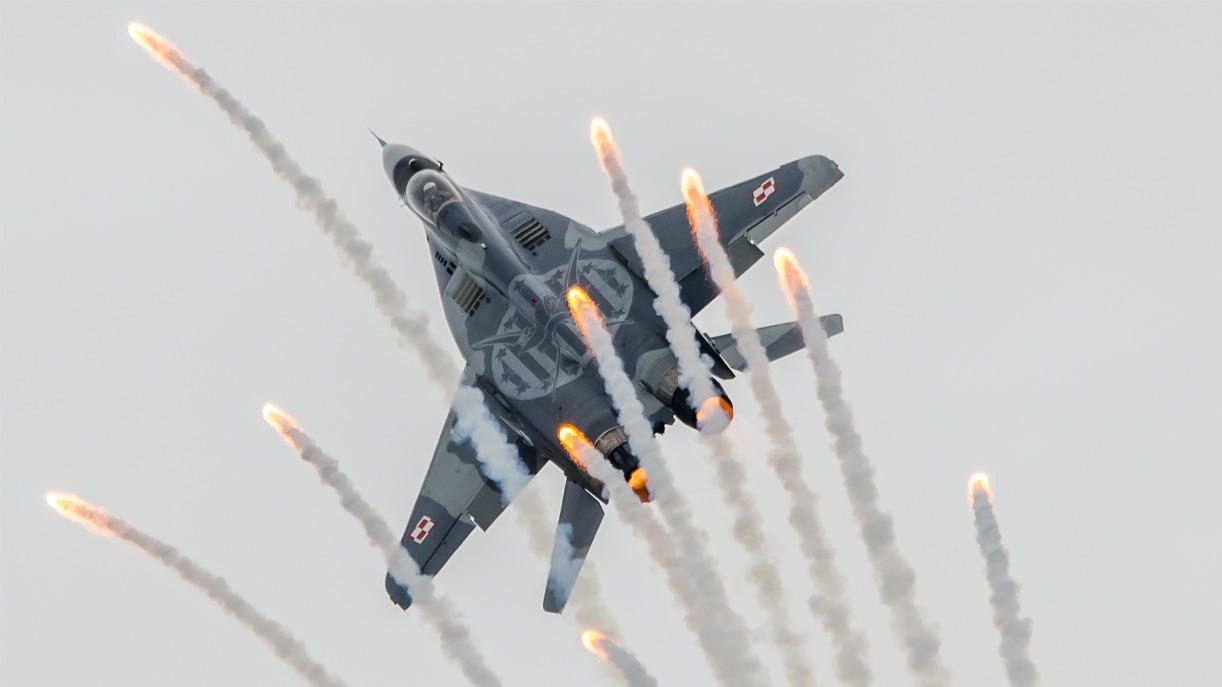
Author Experience and Expertise: Peter Suciu
Peter Suciu is a Michigan-based writer. He has contributed to more than four dozen magazines, newspapers, and websites with over 3,200 published pieces over a twenty-year career in journalism. He regularly writes about military hardware, firearms history, cybersecurity, politics, and international affairs. Peter is also a Contributing Writer for Forbes and Clearance Jobs. You can follow him on Twitter: @PeterSuciu. You can email the author: [email protected].
All images are Creative Commons.
